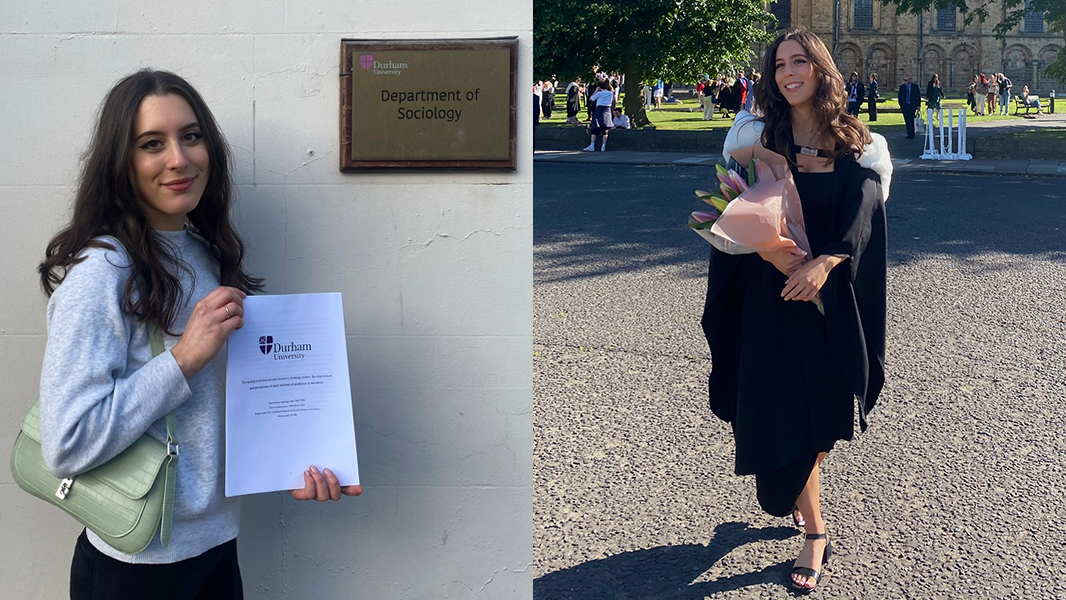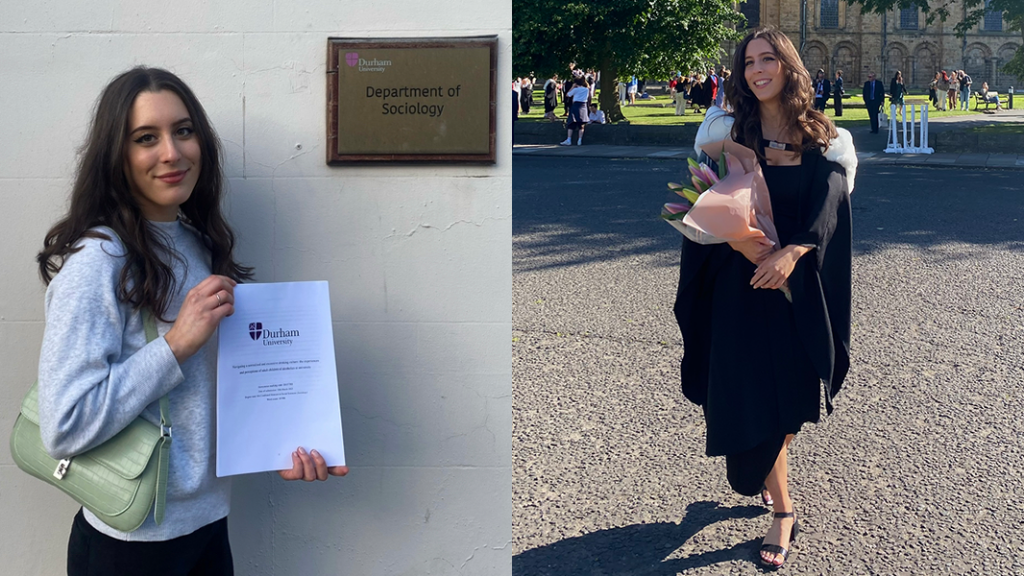

The Shared Resilience of ACOAs: The experiences of adult children of alcoholics at university
Last year, I wrote my undergraduate dissertation about the experiences and perceptions of Adult Children of Alcoholics (ACOAs) at university. Today, I would like to reflect on our shared resilience.
When I was younger, I recognised the uniqueness of my family — an aspect of my life that I was aware was best left unspoken. The prevailing themes of secrecy, denial and feelings of helplessness have had heavy implications on my journey into adulthood.
Unsurprisingly, upon entering university my relationship with alcohol became even more complicated. For me, the normalised and excessive drinking culture served as a constant reminder of experiences reminiscent of my upbringing.
Navigating this culture was far from easy, and feeling alone only intensified the difficulty. The ramifications of being a child of an alcoholic are far from over when adulthood is reached, despite research often neglecting this point. This perspective is restrictive when attempting to capture the experiences of those impacted by parental alcoholism fully.
Childhood issues cannot always be left in the past, instead being more likely to shape the way that COAs continue to live.
Experience of ACOAs Research Project
My research sought to provide a space for eight ACOAs studying at Durham University to share their account of their time at university in light of their experiences.
The narratives of the students demonstrated that a background of parental alcoholism impacts experiences and perceptions of three key areas of the university experience: worry about drinking, social life and university support. Here are some of my key findings…
High levels of vigilance
Participants demonstrated a high level of vigilance when considering the drinking habits of their peers at university. This was mostly through concern for their friends but also served as a solemn reminder of their traumatic childhood experiences.
Stronger response to peers’ behaviour
Participants personally understood the dangers associated with excessive drinking and, therefore, tended to feel a stronger, more personal response to their peers’ choices and risky behaviours.
“I always think like ‘I’m not there to supervise’… You end up being in a caregiving role again.”
Tina
Fear of becoming like the alcoholic parent
Participants also expressed significant self-surveillance of their drinking. They closely monitored and reflected on their own alcohol consumption, underpinned by a constant fear of becoming like the alcoholic parent.
The prevalence of feelings of social exclusion due to choices to limit or completely cut out alcohol was evident. Managing this abstinence in the face of such a profound cultural norm is not achieved without great difficulty.
“It is still in my life, it will always be in my life… nothing I can do about that.”
Richard
Giving themselves a better future
Despite some of the negative impacts of parental alcoholism infiltrating the university experience, all of the participants spoke overall positively about their time at university.
The students were able to reflect on their ability to make their own social groups and develop relationships with people without relying on alcohol as a facilitator for social interactions.
The students drew upon their experiences to better themselves. They were able to construct their lives in a way that suited their values and honoured their experiences and understanding of parental alcoholism.
The participants recognised that they could not change their childhoods, their parents’ addiction, or the role that alcohol has in universities and wider British society, but they could aim to give themselves a better future.
After years of secrecy and shame, my participants reconciled with their past experiences and harnessed them as a driving force to achieve success, both academically and socially.
My findings challenged the prevailing idea in research that adult children of alcoholics are predisposed to more negative outcomes and instead highlight our capacity to turn our experiences into something positive.
Independence, drive, and resilience
The participants displayed independence, drive and an immense level of resilience in striving to find friends and make the most of their time at university, explicitly confounding other evidence.
I am proud to be a part of that resilient and special group of people. And I am even more proud to have a parent in recovery.
Last year, I dedicated my dissertation to my younger sister — the only other person I had ever known to experience being a COA. Today, I hope that she finds comfort in knowing that we are far from alone in our experiences.
Thank you to my wonderful participants who shared their stories and allowed me to try and give voice to their experience.
Katerina Maoudis
*pseudonyms used

























































































